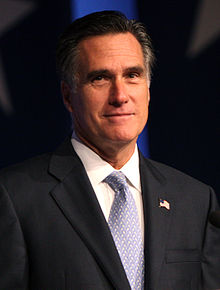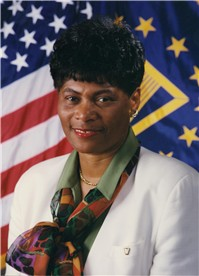Nathan Vardi , writing on Forbes.com (and in the print edition dated August 3, 2009) ((NB: the print and on-line versions are not identical)), provides some detail on the current state of military outsourcing, and how, apparently, the relationship between two long-term friends and business partners fell apart when one shut the other out of a multi-million dollar payday.
Fire Fight/The Business of War recounts the formation of investment firm Veritas by Robert McKeon and Thomas Campbell.
In the early 1990’s, McKeon started Veritas Capital; Campbell joined him sometime thereafter.
By 1996, when they had raised $175 million for Veritas’ first private equity fund, McKeon and Campbell had taken an interest in military suppliers. To run their fund they formed a management company, with McKeon holding 62.5% and Campbell 37.5%. After some profitable defense deals they raised another $153 million fund in 2002 and split the general partnership the same way; their biggest backer was Credit Suisse ( CS – news – people ). For help navigating the defense bureaucracy, Veritas created an advisory board that included retired generals such as Barry R. McCaffrey and Anthony C. Zinni.
Vardi, in describing a 19-year relationship between McKeon and Campbell during which they vacationed together, traveled together, and had a weekly dinner – with no guests – at Harry Cipriani ((New Yorkers, and visitors, of certain social classes will recognize this as the name of a very expensive, high-status restaurant. )) Vardi reports that
They golfed together, went skeet and trap shooting, traveled together for meetings and once shared a hotel room in Mexico. [Emphasis supplied]
That this is worthy of note is in and of itself interesting. First, McKeon and Campbell were, at least some of the time, traveling on other people’s money, which they were entrusted with for investment purposes. Second, it says something about the expectations of CEOs and investment bankers that this would be regarded as a sacrifice. (Lincoln sometimes shared a bed while traveling, even after he was elected president). Third – and more damning – these men and their investors were making millions of dollars providing support services to troops who often didn’t get to sleep in a bed – much less a private hotel room.
Continue reading →

